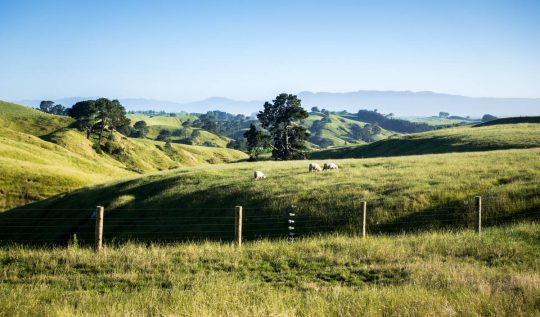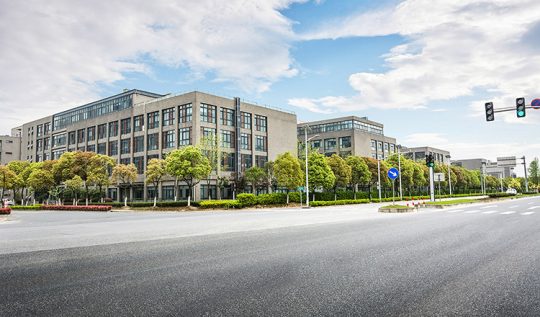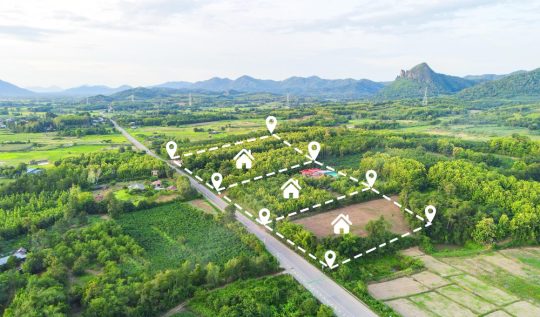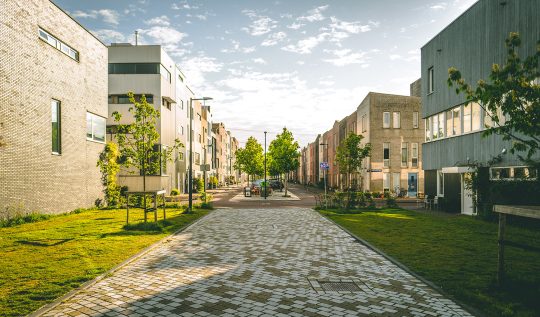The Future of Urban Development: Trends Shaping Town Planning in NZ

Urban development in New Zealand is at an exciting juncture, marked by dynamic changes in town planning strategies, approaches, and priorities. As cities and towns evolve to meet the demands of a growing population and changing environmental conditions, new trends and innovations are shaping the landscape of town planning in the country. In this blog post, we will delve into the future of urban development in New Zealand, highlighting key trends that are driving town planning efforts and redefining the way we design, build, and live in our urban environments. These trends include sustainable development, the rise of smart cities, and community-focused planning.
1. Sustainable Development
Sustainable development is not just a buzzword; it’s a guiding principle for urban planning in New Zealand. With a strong commitment to preserving its pristine natural environment and addressing climate change, the country has embraced sustainable urban development as a core objective. Elevate Planning has some key aspects of sustainable development shaping town planning in New Zealand:
Green building practices, such as energy-efficient construction, renewable energy integration, and green infrastructure, are becoming increasingly prevalent. Town planners are encouraging developers to adopt sustainable building standards like Green Star and Homestar to reduce carbon footprints and enhance the resilience of buildings.
To minimise urban sprawl and reliance on private vehicles, New Zealand is promoting compact and transit-oriented development. This approach encourages mixed-use neighbourhoods, efficient public transportation systems, and pedestrian-friendly urban design. It aims to reduce congestion, air pollution, and carbon emissions while enhancing livability.
Town planners are placing a strong emphasis on managing natural resources sustainably. This includes protecting water bodies, conserving biodiversity, and ensuring responsible land use to prevent soil erosion and contamination. Sustainable resource management contributes to the resilience of urban areas in the face of climate change.
New Zealand is actively working toward zero waste and circular economy goals. Town planning includes provisions for waste reduction and recycling initiatives, such as promoting composting, waste separation, and resource recovery centres within urban areas.
In light of the increasing frequency and intensity of natural disasters, resilient infrastructure planning is a critical component of sustainable development. Town planners are integrating disaster resilience into urban design, ensuring that critical infrastructure can withstand earthquakes, floods, and other hazards.
2. Smart Cities
The concept of smart cities is gaining traction in New Zealand as technology plays an increasingly prominent role in urban development. Smart cities leverage data and technology to enhance the quality of life for residents, improve efficiency, and reduce environmental impact. Here’s how New Zealand is embracing smart city trends:
New Zealand towns and cities are investing in digital infrastructure to support smart city initiatives. This includes the rollout of high-speed broadband, the development of IoT (Internet of Things) networks, and the implementation of digital platforms to enhance communication and services.
Data analytics is empowering town planners to make informed decisions. Data collected from sensors, mobile apps, and other sources help cities optimise transportation systems, manage energy consumption, and respond proactively to urban challenges.
Smart cities in New Zealand are promoting sustainable transportation options, including electric vehicle charging networks, bike-sharing programs, and intelligent traffic management systems. These initiatives aim to reduce congestion and emissions while improving mobility.
Efficient energy use is a key focus of smart city planning. Towns and cities are exploring innovative energy solutions, such as smart grids, renewable energy integration, and demand-response systems, to reduce energy consumption and carbon emissions.
Digital platforms are facilitating greater civic engagement. Residents can participate in decision-making processes, report issues, and access government services more conveniently through online portals and mobile apps.
3. Community-Focused Planning
Another notable trend in town planning in New Zealand is the emphasis on community-focused planning. This approach recognises the importance of involving residents, businesses, and community groups in the planning and decision-making processes. Here’s how community-focused planning is taking shape:
Town planners are collaborating with communities to co-design urban spaces and amenities. This approach ensures that development projects align with the needs and aspirations of residents. Public consultations, workshops, and participatory design sessions are common tools for community engagement.
Creating vibrant, livable urban spaces is a priority. Towns and cities are investing in placemaking strategies that transform underutilised areas into lively community hubs. This may involve activating public spaces, supporting local businesses, and enhancing cultural and recreational amenities.
Preserving historical and cultural heritage is integral to community-focused planning. Towns and cities are promoting the adaptive reuse of heritage buildings, which not only celebrates history but also adds character and vitality to urban areas.
Addressing the issue of affordable housing is a key concern. Town planners are exploring innovative housing solutions, such as community land trusts, co-housing, and inclusionary zoning policies, to ensure that diverse housing options are available to residents.
Community-focused planning places a strong emphasis on equity and inclusion. Town planners are working to reduce disparities in access to services, education, and employment opportunities, particularly for marginalised communities.
In Short
The future of urban development in New Zealand is marked by exciting trends that are reshaping town planning practices. Sustainable development, smart cities, and community-focused planning are driving innovation and creating more livable, resilient, and equitable urban environments. As New Zealand continues to address the challenges of urban growth and environmental sustainability, these trends will play a crucial role in shaping the towns and cities of tomorrow, ensuring that they remain vibrant, inclusive, and technologically advanced places to live and work.
If you want advice regarding your urban development projects, talk to our team at Elevate Planning today, and we’ll be happy to help.




